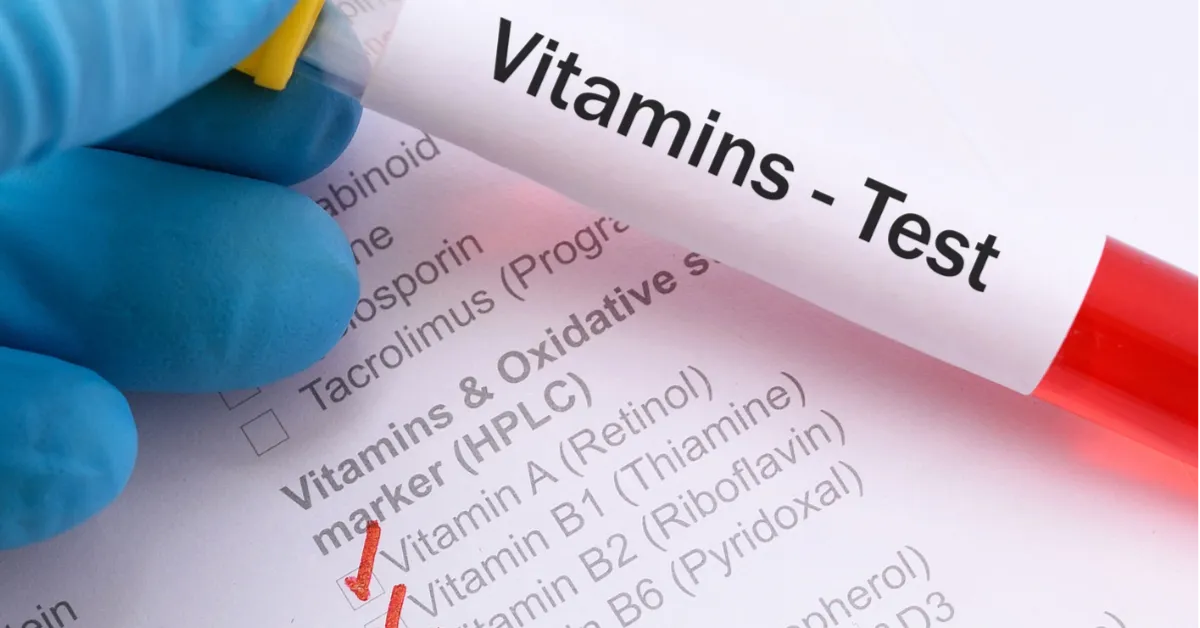EN 18272 Vitamin C Profiling in Fresh Produce
The European Standard EN 18272-4:2015 outlines a method for the determination of ascorbic acid (vitamin C) in fresh produce. This service offers comprehensive profiling, which includes quantitative and qualitative analysis to ensure compliance with international standards.
Vitamin C is crucial for various physiological processes such as immune function, collagen synthesis, iron absorption, and antioxidant defense. Ensuring its optimal content and quality in fresh produce is critical for maintaining product integrity and consumer health. This service applies a multi-step approach that combines advanced analytical techniques to achieve precise results.
The testing process begins with the collection of samples from various sources such as farms or wholesale markets. Samples undergo rigorous preliminary examination to ensure they meet the required quality standards. The specimens are then prepared by mechanical chopping, homogenization, and filtration if necessary, depending on the type of produce being analyzed (e.g., leafy greens vs. fruits).
The primary instrument used for this service is a High-Performance Liquid Chromatography (HPLC) system equipped with a UV-visible detector. This setup allows for the precise quantification of ascorbic acid. For qualitative analysis, an additional step may involve liquid chromatography-mass spectrometry (LC-MS/MS), which provides detailed structural information about vitamin C compounds.
The standard specifies precision requirements and limits of detection that must be met to ensure reliable results. Typically, the method can detect ascorbic acid down to a level of 5 μg/g in fresh produce. Reporting is done according to ISO standards, with detailed tables providing both quantitative concentrations and qualitative breakdowns.
By adhering strictly to EN 18272-4:2015, this service guarantees that the results are accurate and repeatable, thus ensuring compliance with international regulations such as EU directives on food safety. This is particularly important for companies exporting fresh produce internationally or dealing with stringent quality control measures.
The benefits of this service extend beyond mere compliance. It helps in optimizing production processes to enhance vitamin C content naturally. Moreover, it aids in identifying potential adulteration issues early on, ensuring that only high-quality products reach the market. This not only builds consumer trust but also supports sustainable agricultural practices.
Eurolab Advantages
- Expertise and Experience: Our team comprises experts with extensive experience in food safety and quality assurance, ensuring that all tests are conducted accurately and efficiently.
- Precision Instruments: Equipped with state-of-the-art HPLC systems and LC-MS/MS instruments, we provide precise and reliable results every time.
- Comprehensive Reporting: Detailed reports include not just quantitative data but also qualitative insights into vitamin C compounds present in the sample.
- Certified Compliance: Our services are ISO 17025 accredited, ensuring that all testing meets international standards for accuracy and reliability.
Our commitment to excellence ensures that you receive unparalleled support throughout your testing journey. Whether it's routine quality checks or complex research projects, we have the expertise and resources needed to meet your specific needs.
International Acceptance and Recognition
- European Union: EN 18272-4:2015 is widely recognized within the EU as a harmonized standard for vitamin C analysis in fresh produce, ensuring seamless compliance with local regulations.
- United States: While not directly equivalent to EN standards, the results from this service can be validated against USP (United States Pharmacopeia) specifications for dietary supplements containing vitamin C.
- Canada: The findings are also accepted by Health Canada under their Good Manufacturing Practice guidelines for food products.
- Australia and New Zealand: Results align with the Australian New Zealand Food Standards Code, contributing to market access in these regions.
The versatility of this service ensures that it is applicable across multiple markets, making it an invaluable tool for global businesses operating within the fresh produce industry.
Use Cases and Application Examples
| Application Example | Description |
|---|---|
| Quality Assurance in Produce Supply Chains: | Monitoring vitamin C levels ensures that fresh produce maintains its nutritional value throughout the supply chain, from farm to retail. |
| Dietary Supplement Formulations: | Ensuring accurate dosing of vitamin C in dietary supplements helps manufacturers comply with regulatory requirements while optimizing product effectiveness. |
| Research on Nutritional Content: | Studying the impact of different growing conditions or processing methods on vitamin C retention aids in developing more nutritious produce. |
| Consumer Health Claims: | Verifying claims made about vitamin C content supports marketing strategies and builds consumer confidence. |
| Auditing Compliance with International Standards: | Regular testing ensures ongoing adherence to international standards like EN 18272-4:2015, minimizing risks of non-compliance penalties. |
| R&D Innovation: | Identifying optimal growing practices or processing techniques that enhance vitamin C content can drive innovation in the industry. |
These examples illustrate how this service can be leveraged to improve product quality, support regulatory compliance, and foster innovation within the fresh produce sector.





